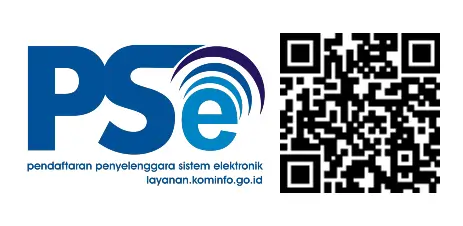Foreign Direct Investment in Indonesia
When considering foreign direct investment (FDI) in Indonesia, it’s crucial to grasp several key aspects that can significantly impact your investment journey. Indonesia, being the world’s fourth most populous country with a burgeoning digital market and high Internet adoption rates, presents promising opportunities for investors. However, navigating the intricacies of FDI regulations and procedures is essential to ensure a smooth and successful investment process.
Establishing a Foreign Company (PMA):
Setting up a foreign-owned company in Indonesia involves navigating a series of legal procedures overseen by the Indonesia Investment Coordinating Board (BKPM). This process begins with the creation of a Limited Liability Company (PT) through the execution of a Deed of Establishment, which requires approval from the Minister of Law and Human Rights. Additionally, acquiring a Taxpayer Identification Number (NPWP), Certificate of Domicile, and Company Registration Certificate are essential steps in establishing legal presence in the country. These documents not only ensure compliance with Indonesian laws but also provide the necessary foundation for conducting business operations within the country.
Minimum Investment Requirement:
One of the fundamental aspects of FDI in Indonesia is the minimum investment requirement imposed on foreign investors. Currently set at IDR10 billion (approximately USD700,000), this minimum investment threshold underscores the government’s commitment to attracting committed and financially stable investors. By mandating a minimum investment amount, Indonesia aims to channel foreign capital into sectors that contribute significantly to economic growth while simultaneously safeguarding the interests of local businesses. It’s important to note that specific industries may require higher investment amounts, reflecting the varying capital intensiveness and strategic importance of different sectors.
Investment Registration Process:
Upon satisfying the legal and financial requirements for FDI, investors must undergo the investment registration process facilitated by BKPM. This process involves submitting the necessary documentation and applications to obtain a Certificate of Investment. Once approved, this certificate serves as official recognition of the investor’s commitment to investing in Indonesia. Notably, BKPM aims to streamline this process, ensuring prompt issuance of investment certificates within one working day of application submission. The validity period of the investment registration typically ranges from 1 to 5 years, determined based on BKPM’s assessment of the investor’s proposed venture and its potential impact on the local economy.
In conclusion, while Indonesia presents enticing opportunities for foreign investors, navigating the regulatory landscape of FDI is paramount to success. By adhering to the established procedures for company establishment, meeting minimum investment requirements, and obtaining investment registration, investors can position themselves for long-term growth and profitability in Indonesia’s dynamic market. It’s imperative for prospective investors to conduct thorough research and seek professional guidance to mitigate risks and maximize returns on their investment endeavors in Indonesia.
Are You Still Confused About Foreign Investment?
CLICK THE BUTTON ON THE RIGHT TO ASK OUR TEAM.














































